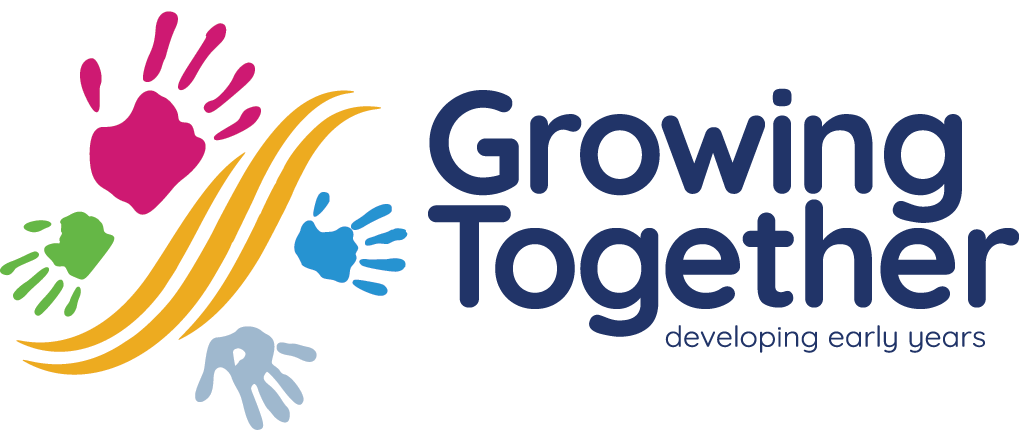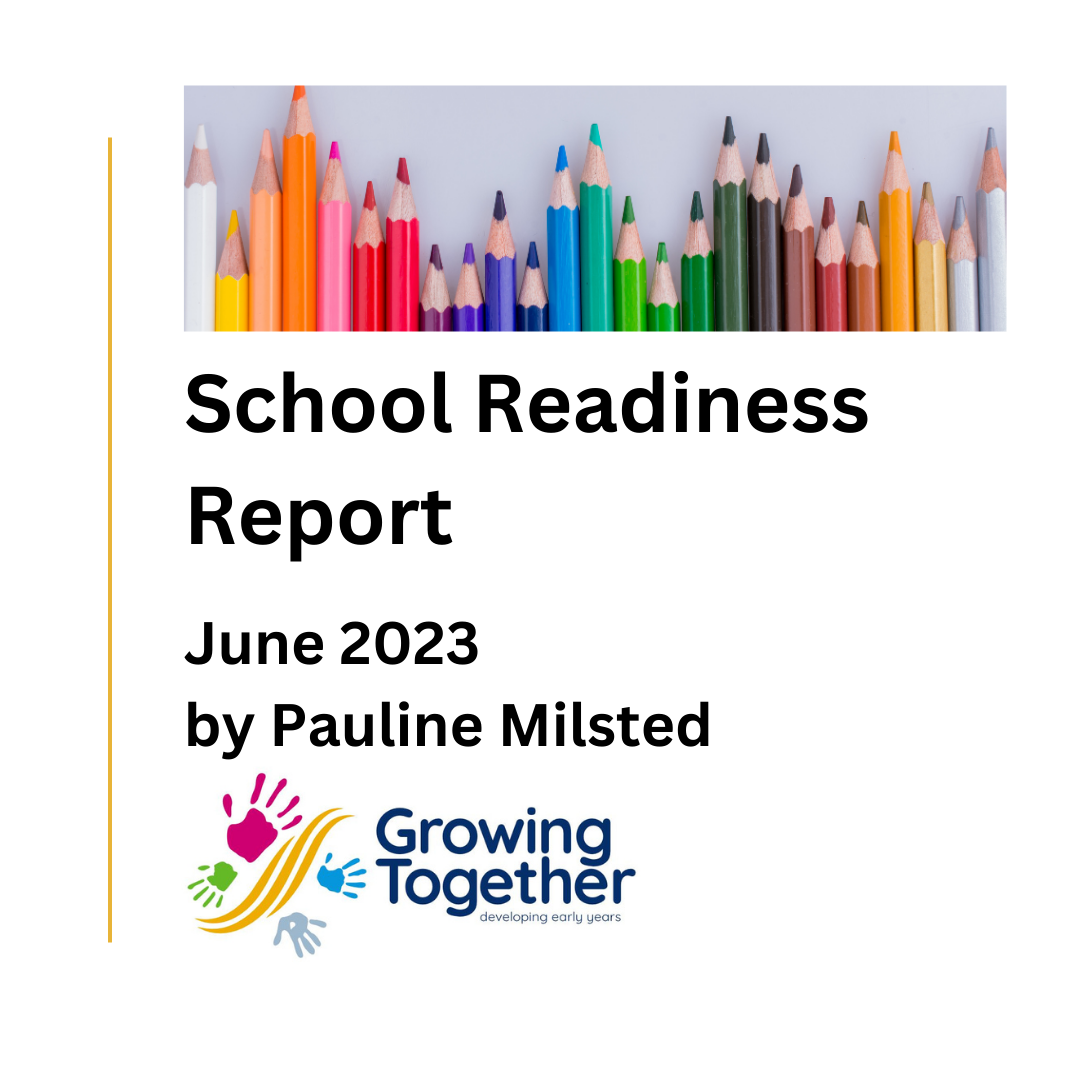Promoting Communication and Language in the Early Years.
Communication and language development are core aspects of development in the Early Years Foundation Stage. This is because children need a secure foundation in communication and language to be able to achieve in all areas of learning and development. Now more then ever it is important that as carers, parents, nursery practitioners, managers, teachers and anyone within an early year’s role are working to promote communication and language in the early years.
Currently within the UK more and more children are believed to start nursery/pre-school below where they should be for communication and language development and this is specifically seen as being higher in areas of deprivation. The Communication Trust in 2014 stated that 50% of children from a disadvantaged background started school with a language delay. A more recent study in Ipswich which was identified as one of 12 opportunity areas found that 1 in 4 children from an area of deprivation by the end of the early year’s foundation stage (reception year) are not reaching the attainment expected for speaking; while 1 in 5 do not for understanding (National Literacy Trust 2019). Similarly, echoed by ore recent studies from Speech and Language UK (2023) that say that 1 in 5 children struggle with talking and understanding words, and 80% of teachers feel children are behind with their talking.
This is a piece of explorative research of early years practitioner’s perspectives on school readiness with England. The research found that nearly half of all practitioners felt that 50-74% of their cohort starting school in 2023 are ready to start school. Practitioners discuss that children’s school readiness is impacted by a factor of developmental issues such as delayed speech and language, increase in screen time and the covid-19 pandemic. There are increasing concerns that children’s communication and language development and personal, social, and emotional skills are below the expected level to be school ready; and this has had a detrimental effect on the children who are starting reception class in September 2023.
It is believed from a piece of influential research implemented by Hart and Risley that we have a 30 million-word-gap by the time children are of the age of 4 years old between those from lower income families compared to those with a higher income. Although, there are some critical responses to how the number 30 million was exactly arrived at and the sample size, it is fair to say that there is an identified gap of vocabulary that children from lower incomes are exposed to within their early years. Additionally, some studies have shown that children with a higher range of vocabulary have less behavioural problems and achieve more academically (Hempson 2019).
Additionally, there is a link between children from a disadvantaged background who receive free school meals who are 2.3 x more likely to have a speech and language delay. Currently within the UK it is estimated that 1.9 million children have a speech and language delay or need (Speech and Language UK, 2023). The Communication Trust in 2014 stated that 7% of children have a speech and language delay or impairment. This is roughly 2 to 3 children per class in the UK. Whilst more recent studies suggest it is 1 in 5 (Speech and Language UK, 2023); this is roughly six children in an average class size of 30.
There are lots of easy ways we can promote communication and language in the early years from nursery rhymes, to story time, to playing alongside our children and modelling language, to cooking with them, to discussing the weather or doing the food shopping. Communication and language are part of everything that we do and essential to development in the early years; but it doesn’t have to be some fancy activity or hard work. We don’t need to make it elaborate and overthink it, mainly our children need us to speak to them, to model a wide range of vocabulary, to listen and respond to them, to be with them present in this moment. To repeat back to them what they have said. To help develop their understanding through using visual and props.
Nursery rhymes are so beneficial to children’s development and learning, but in particular to their early communication and language development and literacy skills. Nursery rhymes can go back as far as the early 1700’s and research implemented by Kennedy (2005) showed that there was a direct correlation between nursery rhymes and children’s vocabulary and language development. Furthermore, Mem Fox reading magic states that if children know 8 nursery rhymes by the age of 4 year olds they will be better readers at 8 years old.
Story time is another great way of helping to promote children’s communication and language, it exposes them to vocabulary, rhythm, rhyme. Make it engaging and use props, puppets, toys and pictures to engage the children. Take your time and focus on getting familiar with 1 or 2 stories rather then reading lots of different stories, as this will extend their learning and development. There are numerous research studies that indicate that children who are read to on a regular basis (every day) have better communication and language development.
There are so many things that we can easily do within the early years sector to promote children’s communication and language development, but also help to close the language gap. Please do comment below with your thoughts.
Updated on 11.11.2025
Written by Pauline Milsted
Director of Growing Together
A recording of our webinar looking at the traditional tale Goldilocks and the 3 bears and how to cover all areas of learning and development in the early years through this well-loved story. An opportunity to be inspired to participate in creative and exciting ways of sharing this story, as well as reflect upon your own activities and ideas.



